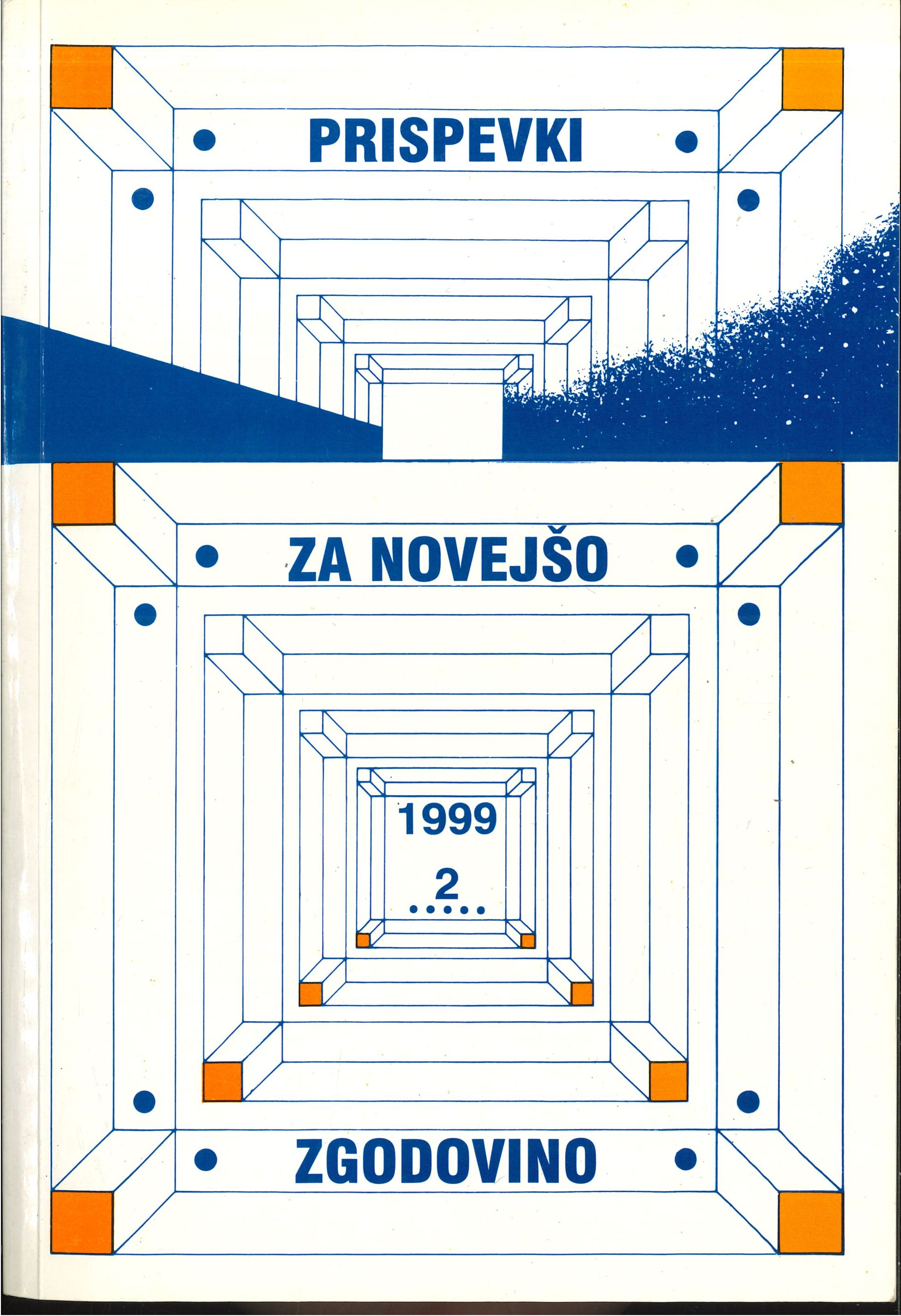An Outline of the Guaranteed Supply Scheme in Yugoslavia between 1948 and 1953
Keywords:
supply, commerce, legislation, economic politics, Federal Peoples Republic of YugoslaviaAbstract
The author outlines the guaranteed public supply scheme which was in force in Yugoslavia from 1948 until 1953 when it was replaced by the market based supply. The guaranteed supply scheme, which was introduced due to a rapid growth in the number of people employed in non-agrarian production, and also for obvious ideological and political purposes, was characterized by a total state monopoly of the supply. To qualify as a beneficiary of the guaranteed supply scheme, one had to be employed and socially insured by a state institution. The quantity of guaranteed goods a beneficiary was entitled to depended on the arduousness of one's work. Basic foodstuffs, industrial products, clothing and footwear were redeemed against consumer vouchers. Buying on the free market was also possible, however, at considerably higher prices. After 1951, the guaranteed supply scheme was gradually relaxed and a greater emphasis was given to free sale. In September 1951, the consumer vouchers were replaced by monetary vouchers, and by the end of 1953 all payments were made only in cash. The voucher scheme was thus finally abolished.
Downloads
Published
Issue
Section
License
Authors who publish with this journal agree to the following terms:
- Authors retain copyright and grant the journal right of first publication with the work simultaneously licensed under a Creative Commons Attribution License that allows others to share the work with an acknowledgement of the work's authorship and initial publication in this journal.
- Authors are able to enter into separate, additional contractual arrangements for the non-exclusive distribution of the journal's published version of the work (e.g., post it to an institutional repository or publish it in a book), with an acknowledgement of its initial publication in this journal.
- Authors are permitted and encouraged to post their work online (e.g., in institutional repositories or on their website) prior to and during the submission process, as it can lead to productive exchanges, as well as earlier and greater citation of published work (See The Effect of Open Access).


